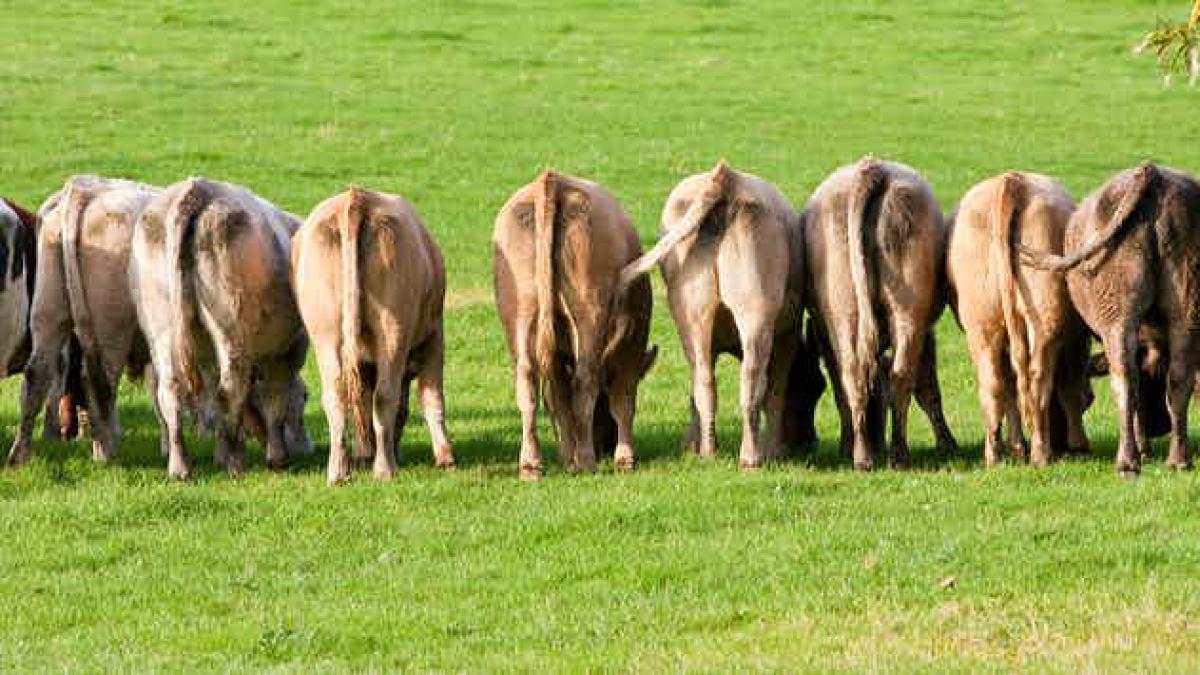A new study reveals that feeding cattle with algae leads to a reduction in methane emissions of almost 40%. Researchers from the University of California, Davis, demonstrated that supplementing algae in grazing cattle’s diet can be an innovative solution to make livestock farming more sustainable.
Published in Proceedings of the National Academy of Sciences, these findings represent a significant advancement in emission reduction of methane.
Methane and Livestock
Methane is a potent greenhouse gas, and livestock accounts for 14.5% of global emissions. The digestion of fiber-rich foods, such as grass, produces methane that animals emit when burping. In the United States, there are approximately 9 million dairy cows and over 64 million beef cattle, many in grazing systems.
Challenges and Solutions in Livestock and Emissions
Feeding grazing cattle with additives poses a logistical challenge. However, ranchers often supplement feed in winter or when grass is scarce, creating an opportunity to introduce algae supplements.
In an experiment with 24 steers in Montana, the group that received the algae supplement reduced their methane emissions by almost 40%.

Practical Implementation
The use of algae in salt blocks or similar supplements could streamline the implementation of this solution in grazing systems. This would allow ranchers to reduce emissions without significantly altering their management practices.
Global Benefits in Methane Emission Reduction
In addition to its environmental impact, this approach could benefit millions of people who depend on pastoral livestock, especially in regions vulnerable to climate change. Improving efficiency in livestock production is essential to meet the growing demand for meat without increasing greenhouse gas emissions.
Sustainable Future
Including algae as a feed supplement for grazing cattle emerges as a promising solution to mitigate methane emissions. If implemented on a large scale, this approach could play a crucial role in the fight against climate change and in transitioning to more sustainable food systems.
Have you checked out our YouTube channel? Subscribe now!

